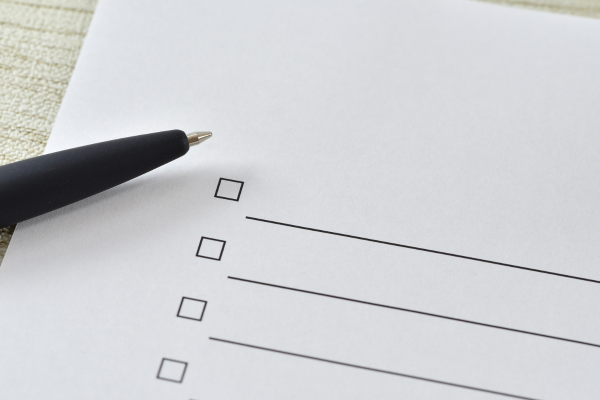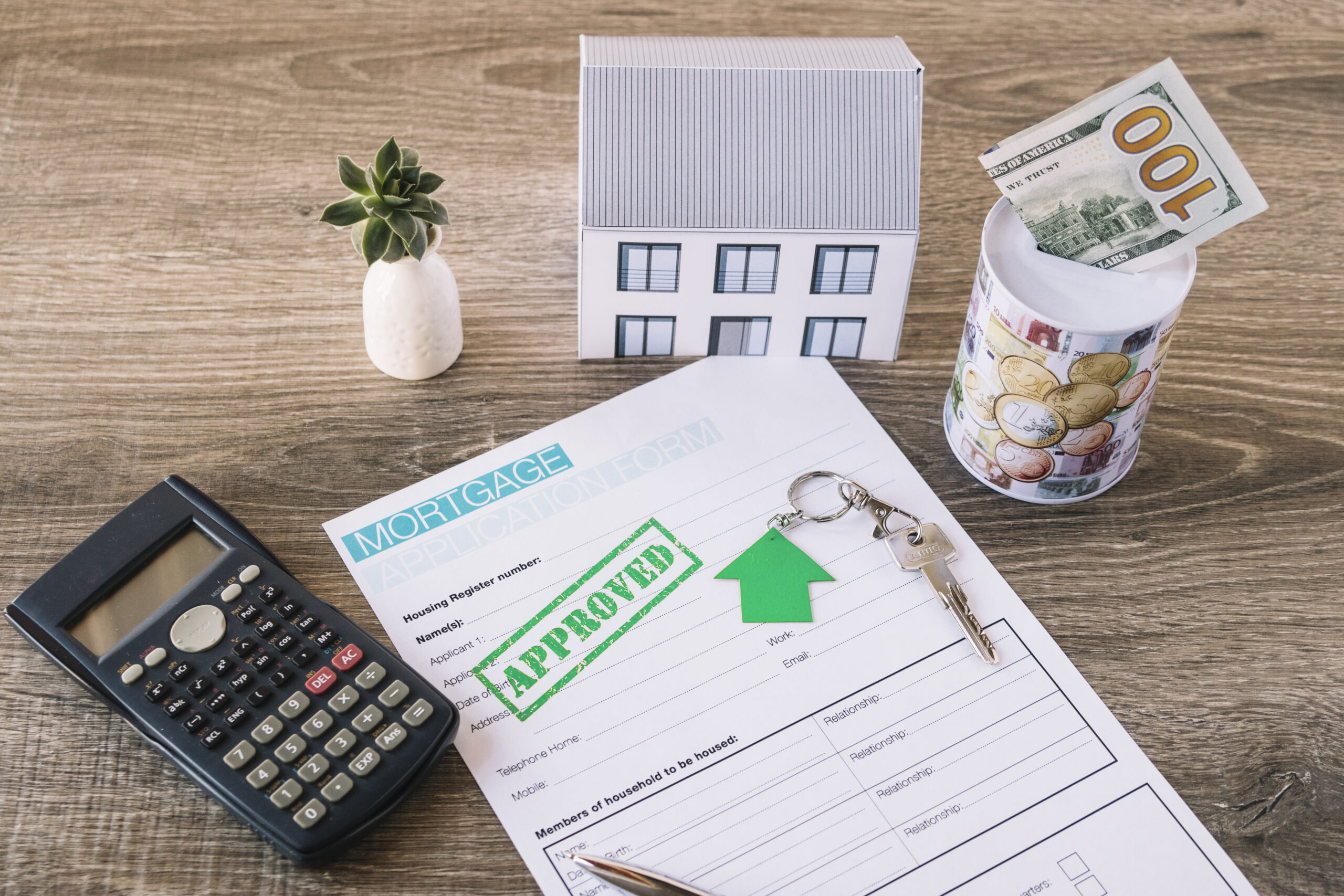Buying a home is one of the most significant decisions you’ll make in your life. It’s an exciting journey, but also one that requires careful planning and preparation. To make sure you’re ready, we’ve compiled the ultimate homebuying checklist to guide you through the process and help you make smart, informed decisions. Let’s dive into everything you need to consider before buying your dream home!
1. Start with Financial Planning
Buying a home is a major financial decision, so proper planning is key. Start by assessing your current financial situation. Take a look at your income, expenses, and existing debts. It’s important to know how much you can comfortably afford when it comes to mortgage payments, as well as the upfront costs like the down payment, closing fees, and moving expenses.
A good rule of thumb is that your mortgage payment should be no more than 28% of your monthly gross income. Use mortgage calculators to estimate monthly payments based on different home prices and interest rates. Getting a clear picture of your finances early will give you a realistic idea of what you can afford and prevent any unpleasant surprises later on.
2. Take Care of Your Credit Score Like It’s Your Baby
Your credit score is one of the most important factors in determining the mortgage terms you’ll be offered. A higher credit score can mean lower interest rates and better loan terms, saving you thousands of dollars over the life of the loan. Start treating your credit score with the same care and attention you’d give to a baby—it needs nurturing and regular check-ins.
To improve or maintain a strong credit score:
- Pay all your bills on time.
- Keep credit card balances low and avoid opening new credit accounts right before applying for a mortgage.
- Check your credit report for errors and dispute any inaccuracies.
Taking these steps early will put you in the best position when you’re ready to apply for a home loan.
4. Set Up an Emergency Fund
Homeownership comes with unexpected costs, from sudden repairs to unforeseen maintenance needs. Before you buy a home, it’s crucial to have an emergency fund in place. This fund should cover at least 3-6 months of living expenses, including mortgage payments, utilities, and other necessary bills.
Having an emergency fund gives you peace of mind and ensures you won’t be blindsided by surprise expenses right after buying your home. It also shows lenders that you’re financially responsible and prepared to handle homeownership’s challenges.
5. Picture Your Dream Life
Before you begin house hunting, take some time to visualize your ideal life and the type of home that will support it. Are you dreaming of a quiet suburban neighborhood with a backyard for kids? Or perhaps you’re more excited by the idea of living in a bustling city with amenities at your doorstep?
Consider the location, size, and type of home that best fits your lifestyle. Think about proximity to work, schools, and other daily necessities. Defining your “dream home” will help narrow down your search and keep you focused on finding the right property.
6. Make an Estimated Budget for Other Homeownership Costs
Owning a home comes with many costs beyond the mortgage, so it’s essential to plan for them. You should add to your homebuying checklist property taxes, insurance, and utilities, and you’ll need to budget for maintenance, repairs, and potential upgrades. Don’t forget about one-time expenses like furnishing your home, landscaping, or appliance replacements.
To make sure you’re prepared, create a budget that includes all of these factors. Set aside a portion of your income for ongoing costs, and make sure you have a financial cushion for unexpected repairs or improvements. This will help you avoid financial strain after moving into your new home.
Buying a home is a huge milestone, but it doesn’t have to be overwhelming if you follow this homebuying checklist. By organizing your life, planning your finances, taking care of your credit score, and setting up an emergency fund, you’ll be ready for this exciting step. With a clear vision of your dream home and a realistic budget for homeownership costs, you’ll be able to navigate the process confidently and find a place you’ll love for years to come.








